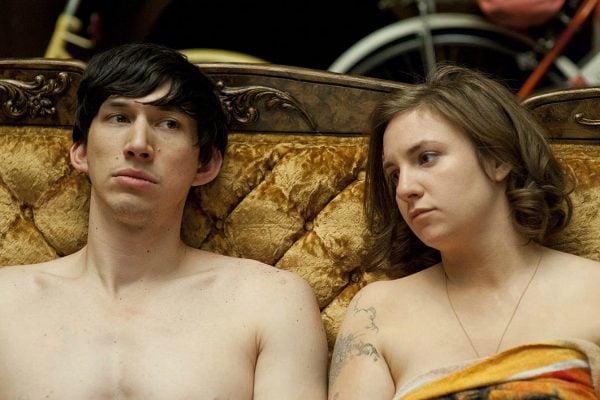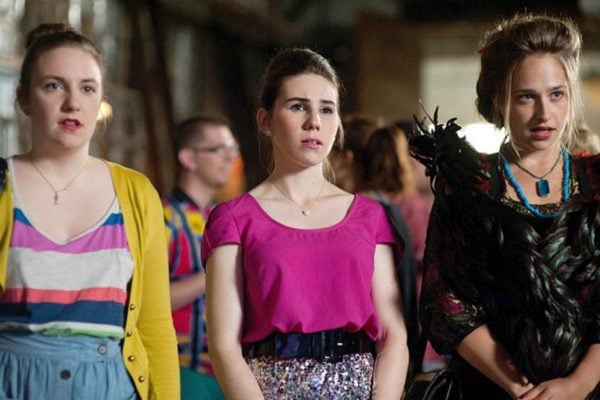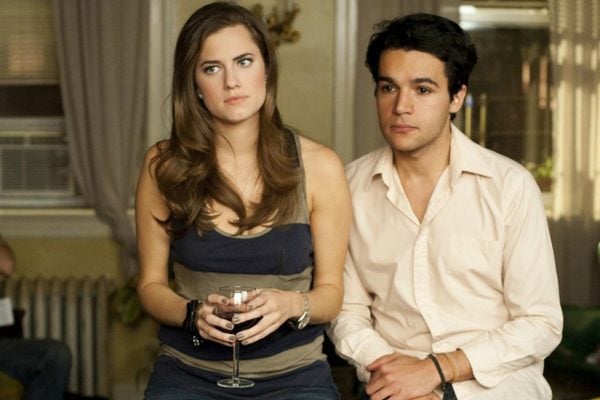
I remember how it felt to watch Hannah have rough sex on the couch with Adam that first time in Girls.
It felt jarring. And kind of exciting. It felt radical.
By season two, those sorts of sex scenes felt normal. And that was the magic of Girls.
For once, sex wasn’t something romanticised or hidden on mainstream television. It was messy and loaded and weird.
It was very, very familiar.

There he was on screen; the guy that didn't want anything serious.
There they were, my jiggly thighs.



Top Comments